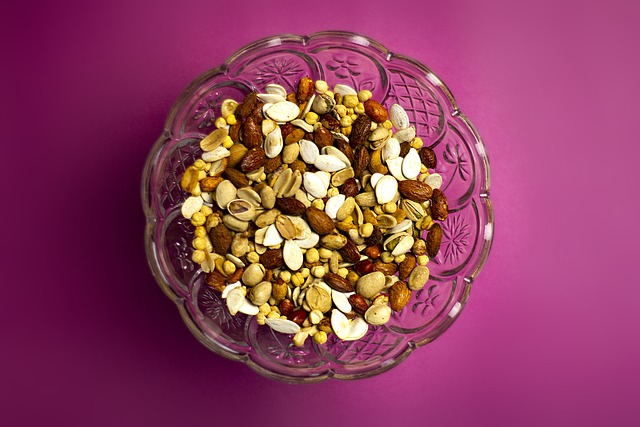Introduction: What is Betaine?
Betaine, chemically known as trimethylglycine (TMG), is a versatile compound naturally found in foods like beets, spinach, and whole grains. It acts both as a vital nutrient and a crucial 'methyl donor'. This means it participates in methylation, a fundamental biological process essential for DNA repair, detoxification, neurotransmitter synthesis, and gene expression. Recently, its potential to enhance heart health and athletic performance has drawn considerable scientific interest.
Betaine and Cardiovascular Health: Managing Homocysteine
A primary benefit of betaine lies in its ability to help regulate homocysteine levels in the blood. Elevated homocysteine is recognized as an independent risk factor for cardiovascular diseases. Betaine works by donating one of its methyl groups to convert potentially harmful homocysteine back into the essential amino acid methionine. This process is vital for maintaining vascular health.
Betaine for Athletic Performance: Enhancing Power and Endurance
Athletes are exploring betaine for its performance-enhancing potential. As an osmolyte, betaine helps protect cells from stress, including dehydration, by maintaining cell volume. Research suggests it may also improve muscle endurance, increase power output, and support lean muscle development, possibly by influencing muscle protein synthesis and creatine production.
For instance, studies involving resistance-trained individuals have shown that daily betaine supplementation (around 2.5 grams) led to notable improvements in workout capacity, such as increased repetitions in squat exercises and greater power output during bench presses, compared to placebo groups. This suggests betaine could be a beneficial tool for strength and power-focused training.
Dietary Sources vs. Supplementation

While betaine is present in the diet, reaching the levels used in many clinical and performance studies often necessitates supplementation. Dietary intake typically provides significantly less than the common supplemental doses. Key food sources include:
- Beets (especially beet root)
- Spinach
- Quinoa
- Wheat Bran / Whole Wheat Products
- Shellfish (e.g., shrimp, mussels)
Keep in mind that betaine content in foods can fluctuate based on variety, growing conditions, storage, and preparation methods.
Safety Profile and Precautions

Betaine is generally well-tolerated and considered safe for most adults at recommended dosages. Potential mild side effects might include digestive discomfort like nausea or diarrhea, particularly when starting. Starting with a lower dose can help assess tolerance. Individuals with kidney conditions should exercise caution and consult their doctor, as high intakes could theoretically affect kidney function. Additionally, since betaine may influence blood pressure, those on antihypertensive medication should monitor their levels closely and discuss use with their physician.
Conclusion: Betaine – A Multifaceted Nutrient
Betaine demonstrates significant potential as a multifaceted nutrient, offering benefits for both cardiovascular wellness through homocysteine management and athletic pursuits via enhanced performance metrics. Whether through dietary choices rich in betaine or targeted supplementation, harnessing its effects could contribute positively to overall health. Always prioritize personalized medical advice from a healthcare professional or registered dietitian before making significant changes to your diet or supplement regimen.